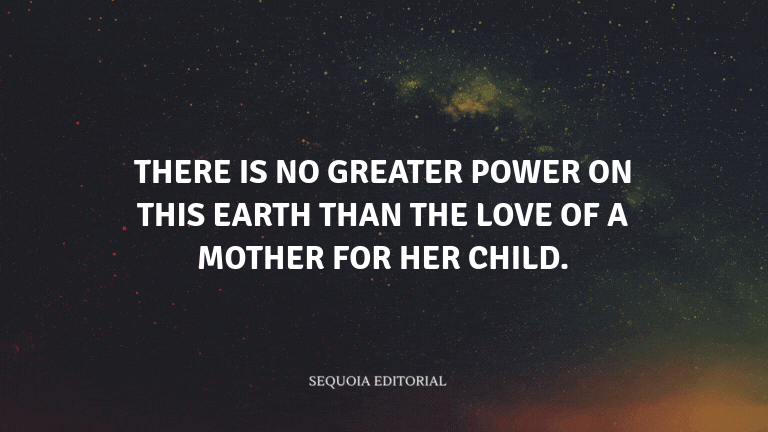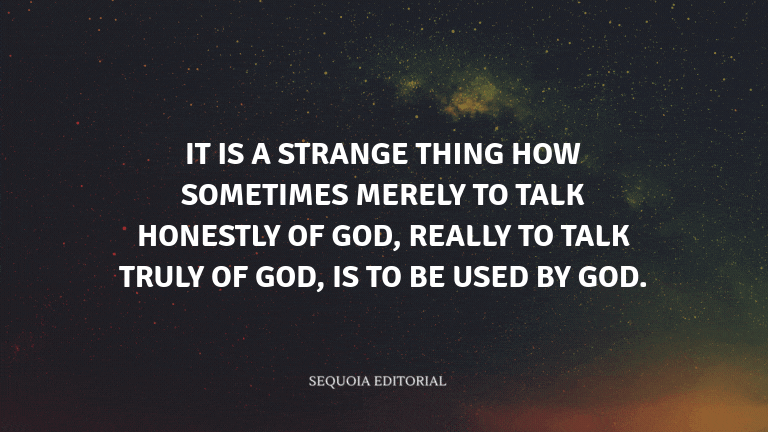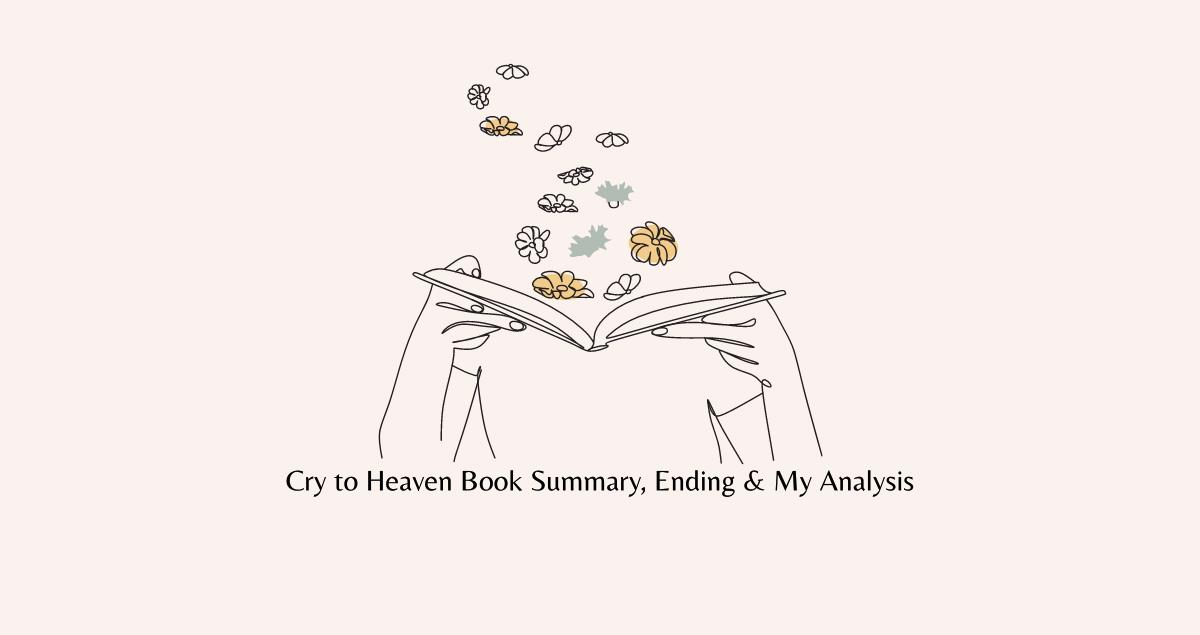Cry To Heaven is about the extraordinary lives of two castrati - male singers with high, angelic voices - in 18th century Italy. One, a prince-turned-castrato named Tonio, grapples with his identity and the cruel world of music. The other, a poor peasant boy named Guido, undergoes the castration operation and faces the same treacherous journey to musical fame. Their stories intertwine in a world of beauty, danger, and the pursuit of freedom.
Table of Content
Cry To Heaven Book Summary
Tonio, a prince forced into the castrato tradition, suffers from an identity crisis. His musical talent propels him to fame, but he battles the shadows of his past.
Guido, a peasant boy, endures the painful castration operation to enter the world of castrati. His relentless pursuit of freedom through music shapes his journey.
Both Tonio and Guido encounter love and betrayal. Tonio's relationship with Salvatore is fraught with the complexities of their society, while Guido's connection with a mysterious woman, Livia, leads to unexpected revelations.
The opera world is a stage for fierce competition. Carlo, an ambitious castrato, becomes Tonio's rival, and their duels on and off the stage are intense and dangerous.
Guido's rise to fame is marked by his dedication and the influence of those around him. He becomes one of the most sought-after castrati, but the price of his success weighs heavily on his soul.
As Tonio and Guido's paths cross, their entwined fates reveal the high cost of being a castrato in a world of kings and courtesans, where the allure of music conceals the brutality of their existence.
The truth of Tonio's past and the consequences of his decisions come to light, challenging his sense of self. Guido is confronted with his own mortality and the sacrifices made for his art.
Love, in its many forms, becomes a source of solace and suffering. Tonio's yearning for acceptance is contrasted with Guido's quest for true companionship.
Guido's mother, Mamma Lucia, embodies the strength and sacrifice of motherhood, while Tonio's sister, Costanza, carries the burden of the family's dark secrets.
Throughout the opera houses and palaces, the echoes of arias and the applause of the crowds mask the cries of the castrati. Their voices, celestial yet marred, reflect the dichotomy of their existence.
As their stories unfold, the intricate tapestry of 18th-century Italy reveals a world where beauty and horror coexist, and freedom is a luxury few can afford.
Tonio and Guido's struggles with their identities and the oppressive demands of the King's court bring them to pivotal moments of decision and revelation.
Their journeys through passion, music, and the yearning for liberation culminate in a powerful exploration of the human spirit and its capacity for both triumph and despair.
Their cries to the heavens are both a plea for mercy and a declaration of defiance against a fate that has shaped them beyond recognition.
Cry To Heaven Quotes
- There is no greater power on this earth than the love of a mother for her child.

- It is a strange thing how sometimes merely to talk honestly of God, really to talk truly of God, is to be used by God.

- In the silence of night, I have often wished for just a few words of love from one man, rather than the applause of thousands of people.

Cry To Heaven Ending Explained
At the end of Cry To Heaven, Tonio, having faced the demons of his past, discovers a new sense of freedom and acceptance, embracing a simpler life with his sister and her family.
Guido, after a life of musical triumph and tragedy, confronts his own mortality and the fickle nature of fame. He finds peace in the love of his mother and the recognition of a life well-lived.
Their paths, once entwined by the cruel tradition of castration, now diverge, reflecting the resilience of the human spirit and the capacity for transformation and redemption.
Tonio and Guido's stories, while marked by the pain and loss inherent in their chosen art, ultimately affirm the enduring power of hope and the pursuit of personal truth.
Characters in book Cry To Heaven
- Tonio: A castrato, initially a prince, who becomes a successful singer but grapples with his identity and the many challenges of the musical world.
- Guido: A peasant boy who undergoes castration to become a castrato and strives for success and freedom through his singing.
- Antonio: Tonio's brother, a dark and complex character who feels the weight of family expectations.
- Carlo: A castrato with a ruthless ambition, who becomes one of Tonio's main rivals in the opera world.
- Salvatore: A man who loves Tonio and becomes entangled in the prince's complex relationships and struggles.
- Mamma Lucia: A devoted, protective mother to Guido, who sacrifices much for her son's musical aspirations.
- Costanza: Tonio's sister who has a tragic past and a strong bond with her brother.
- Donatella: A skilled singer who becomes a close friend and ally to both Tonio and Guido.
- Gianbattista: The maestro at San Marco who trains and guides the young castrati in their musical careers.
- Cecilia: A woman of great beauty and ambition who influences the lives of the castrati in significant ways.
Key Lessons
- Embrace Your Identity: True freedom comes from embracing your identity, no matter how different it may be from the norm.
- Sacrifices Shape Us: The sacrifices we make can define our path, but it is our response to them that truly shapes our character and our destiny.
- Seek True Connection: The pursuit of genuine human connection is a fundamental aspect of life and can bring both joy and pain.
- Persevere Through Struggle: Perseverance through the darkest of struggles can lead to the most profound moments of personal growth and triumph.
- Understand the Cost of Ambition: Ambition can drive us to great heights, but understanding its cost is essential for maintaining one's sense of purpose and integrity.
- Value Authentic Relationships: Authentic relationships based on love and understanding are more precious than the superficial trappings of success.
My Personal Opinion
Is Cry To Heaven worth reading? Absolutely yes, I found this book to be a beautiful and haunting exploration of identity and the human spirit.
I was captivated by the lush historical detail and the complex web of relationships that Anne Rice weaves. The depth of the characters and the emotional resonance of their stories left a lasting impact on me. At times, the narrative can be intense and tragic, but it is always infused with a poignant beauty that reflects the opera world it portrays.
On the other hand, I did find the subject matter to be extremely heavy, and the themes can be quite dark and intense, which might not appeal to all readers. I would recommend this book to those who are fascinated by historical fiction and are open to a story that delves into the depths of human emotion and experience.

